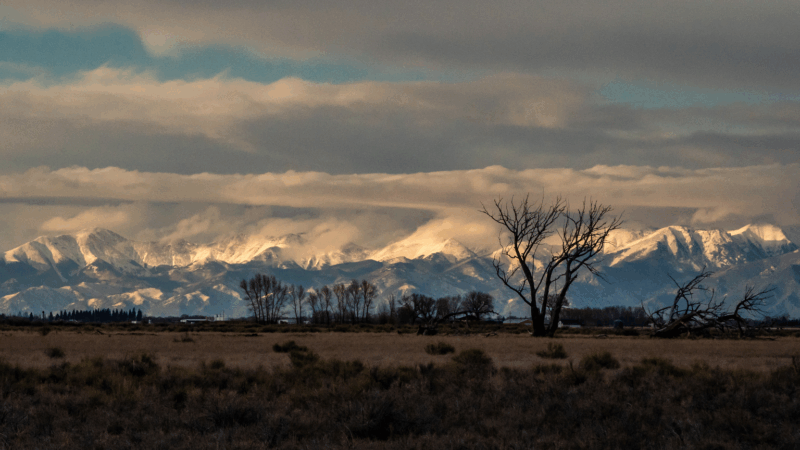Altimeter in Black Hawk helicopter may have malfunctioned before DCA mid-air collision
Investigators with the National Transportation Safety Board gave their first on-camera briefing in almost two weeks since the January 29 mid-air collision involving a U.S. Army Black Hawk helicopter and an American Airlines regional jet that was trying to land at Ronald Reagan Washington National Airport. Both aircraft plunged into the Potomac River, killing all 67 people on board both aircraft.
NTSB chairwoman Jennifer Homendy said the collision between the helicopter and the “CRJ” airplane happened at 278 feet above the river. The helicopter was supposed to be no higher than 200 feet.
However, Homendy says it’s unclear whether the altimeters in the helicopter were showing the pilots the proper altitude above the ground. She says investigators are “seeing conflicting information in the data” and are continuing their analysis.
Homendy says some radio transmissions between the air traffic controller and the Black Hawk crew weren’t fully heard by the pilots of the helicopter either.
She says at least one transmission — the one 17 seconds before impact when the controller told the helicopter to “pass behind the CRJ” — may not have been received by the Black Hawk. That’s because the helicopter crew was already making a radio transmission and part of what the controller said was interrupted and “stepped on,” Homendy said.
The crew of the American Airlines regional jet saw the helicopter about a second or two before impact. Homendy says the plane’s pilots fully pulled the nose of the aircraft up about nine degrees just before impact. The crew of the helicopter, she said, continued flying mostly in the same direction and speed until the collision.
She says it appears the helicopter crew was wearing night-vision goggles which are restrictive in what pilots can see. Homendy says the NTSB is planning to put together a full visual simulation of what the Black Hawk pilots would have been able to witness before the accident. “We’re going to have to see what was possible for them to see at the time leading up to the collision and the accident sequence.”
The full NTSB investigation is expected to take at least a year.
David Schaper contributed reporting.
Iran’s top officials condemn U.S. strikes and assert their right to self-defense
Foreign Minister Abbas Araghchi called the American operation an "outrageous, grave and unprecedented violation" of the United Nations Charter and international law.
FedEx founder Fred Smith, who revolutionized package delivery, dies at 80
Smith once said he came up with the name Federal Express because he wanted the company to sound big and important when in fact it was a start-up operation with a future far from assured.
In this rural Colorado valley, cuts to Medicaid would have vast ripple effects
Cuts to Medicaid moving through Congress would shake up health care in the scenic San Luis Valley — with negative downstream effects on local jobs, businesses and education.
What separates the ultrarich from the just-plain-rich? The gigayacht.
A new collection of essays by New Yorker writer Evan Osnos, The Haves and Have-Yachts, provides rich research and material for the conversation about extreme wealth in America today.
LA Dodgers pledge $1 million in support of immigrants amid ICE raids
The pledge comes amid ongoing federal immigration raids targeting migrants in the area, and calls from the Dodgers' fanbase for the organization to speak out against them.
This abortion method doesn’t involve doctors — and many of them consider it safe
A growing body of research demonstrating the safety and effectiveness of self-managed abortion with pills, coupled with the global pandemic in 2020 and the fall of Roe in 2022, has many U.S. doctors changing their views.









